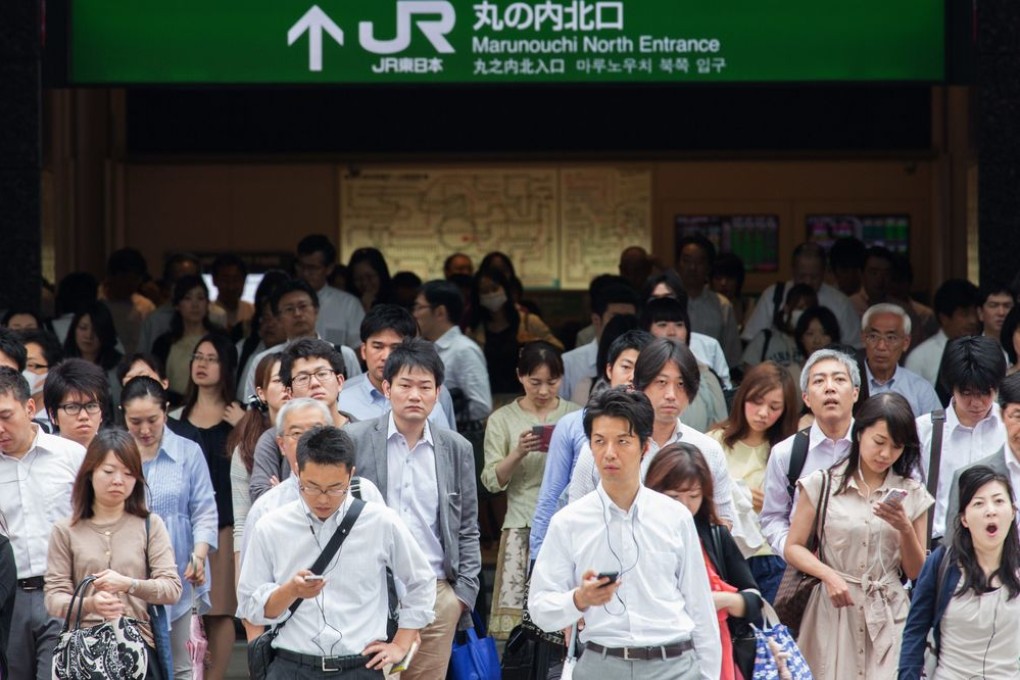Working holiday scheme a success
The working holiday scheme between Hong Kong and Japan has turned out to be a great success, with the applications received for the first period of this year already exceeding the annual quota of 250.

The working holiday scheme between Hong Kong and Japan has turned out to be a great success, with the applications received for the first period of this year already exceeding the annual quota of 250.
Launched in January 2010, the scheme is designed to promote exchanges between the young people of Japan and Hong Kong so they can gain a deeper understanding of each other's culture and society. Japan is one of the most-favoured tourist destinations for Hongkongers, and is also the city's third-largest trading partner.
To qualify, the applicant must be a Hong Kong or British National (Overseas) passport holder ordinarily resident in Hong Kong, who is aged between 18 and 30 and intends primarily to holiday in Japan for a specified period of not more than one year. They will be allowed to take up employment during their holiday to supplement expenses.
In addition, the applicant must not be accompanied by dependent family members, and must possess a return travel ticket - or the means to purchase a ticket - and sufficient funds for living in Japan. The applicant must also hold medical insurance throughout the stay.
The annual quota is allocated twice a year in May and November, with 125 visas issued for each period. For the first period this year, the Consulate General of Japan received a total of 279 applications between April 4 and 17. After careful examinations, the 125 successful applications were announced on May 20.
Among the 125 successful applicants in the first period, females accounted for 70 per cent of the total. Those in the age groups of 23 to 26 and 27 to 30 each comprised 43 per cent, while those 18 to 22 years represented 14 per cent.
The successful applicants are getting younger. Compared with those in the same period last year, there was an increase of 6 per cent for those aged 18 to 22, and a 2 per cent increase in those 23 to 26, while there was a decrease of 9 per cent for those aged 27 to 30.
In terms of education level, 52 per cent of the successful applicants in the first period have the qualification of university or higher, including those who are attending but not yet graduate.
The consulate says the total number of applications received during the first period this year was more than the annual quota, and that it is hoping for an even larger number of young Hongkongers to seek working holiday visas in the second period. Applications will be accepted between October 6 and 17.
Ken Lai, who was granted a working holiday visa in 2012 and subsequently worked in Japan for several months, says that for those planning to work, a good understanding of Japanese language is important. Sharing his experience on his blog, Lai says even if visa holders can find jobs that do not require communication with customers, they still need to understand instructions from their employers.
Apart from learning Japanese in Hong Kong before the trip, there are language schools in Japan which offer short-term courses for working holiday visa holders.
Lai adds that for holders of a work holiday visa, finding a job is not particularly difficult, because many companies prefer to hire temporary staff to lower their cost and commitment as compared to hiring full-time staff - especially for jobs that require only basic skills. The part-time job market in Japan also has relatively higher turnover, because people who opt to work part-time usually have other commitments such as study and family responsibilities.